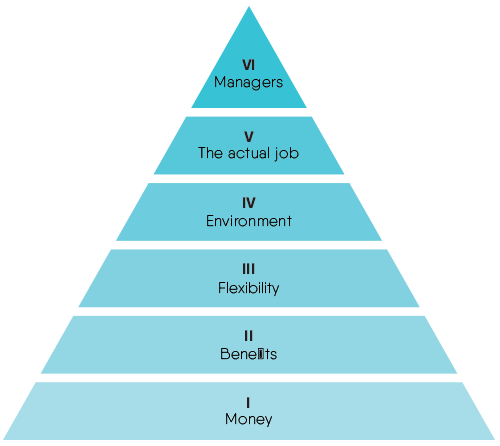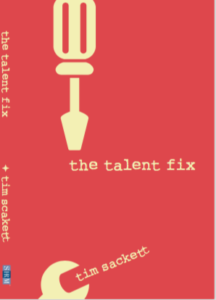In the modern work world, we are often tasked as leaders to co-lead, co-manage a team, a function, a location, etc. The challenges to this are many, but none is more difficult when you have to do that and the other person is a complete a-hole!
What I find is that most a-holes have no idea they’re an a-hole, or they know they’re an a-hole but some broke in their brain to make them believe their actually a better person/leader as an a-hole versus a normal person.
What are the jerk, a-hole leader behaviors? Being condescending to the employees they lead. Talking behind the back of those they lead to others on the team that are a peer of that person. Not supporting their co-leader on things that were previously agreed to, etc. You know what I’m talking about!
I’m lucky that I haven’t had this issue for a while but I see it happen all the time in organizations I support, and it’s one of the most talked about issues I hear from friends and peers that work in corporate gigs. Here’s some of my advice for co-managing with an a-hole:
– A–holes hate being put in a box. Put them in a box. Get agreements on things, then get written confirmation of those agreements. I find a-hole leaders will work not to confirm via email or written communication, especially if they don’t really agree with the direction and plan to screw you later!
– Always stay above the line in front of those who report to you and your peers. “Above the line” means you never allow yourself to do or have the same bad behaviors as your co-manager. You take the high road, always. Trust me, in the end, you’ll benefit greatly from this!
– Be brutally honest in your assessment of your a-hole co-manager. I find most a-hole leaders are never told by a peer that they’re being an a-hole with real specific examples. Most if told, will actually try to change those behaviors. Some are truly just a-holes and they won’t change, but it will make you feel better to address it. Also, don’t stop addressing it! Every time it happens, call them out. That is actually an “above the line” behavior by you calling them out!
As a leader dealing with this situation will probably be the most challenging you’ll have in your career, but ignoring it, complaining to your boss, to matching their behavior are all losing propositions that take your career nowhere.
I love killing a-holes with kindness! It doesn’t happen often to them, they are used to getting the opposite reaction from their behavior, so extreme kindness to them really throws them off guard and unsettles them which can be quite funny!


 Level I – Money – cash!
Level I – Money – cash!
